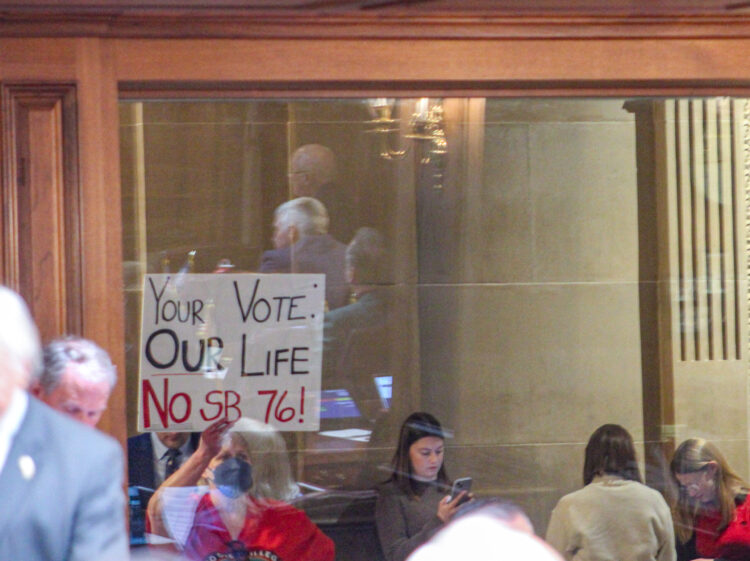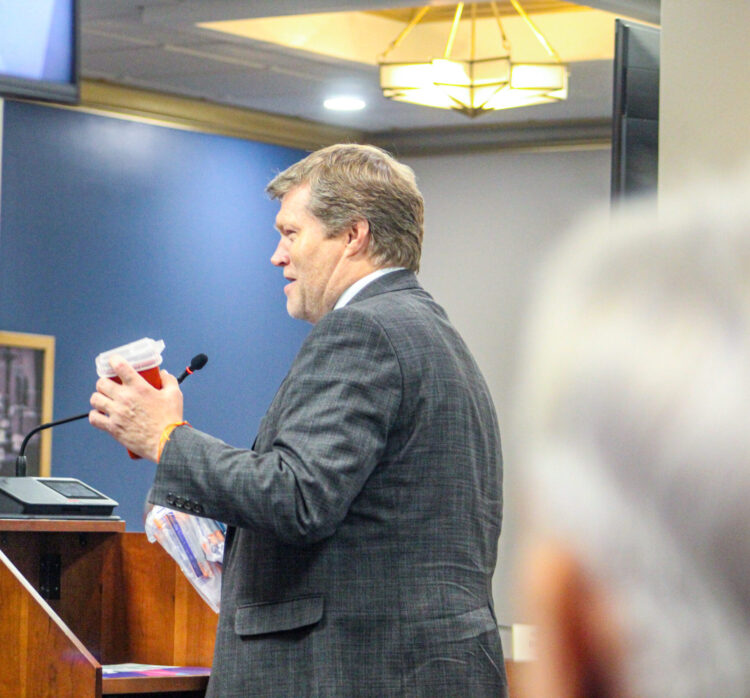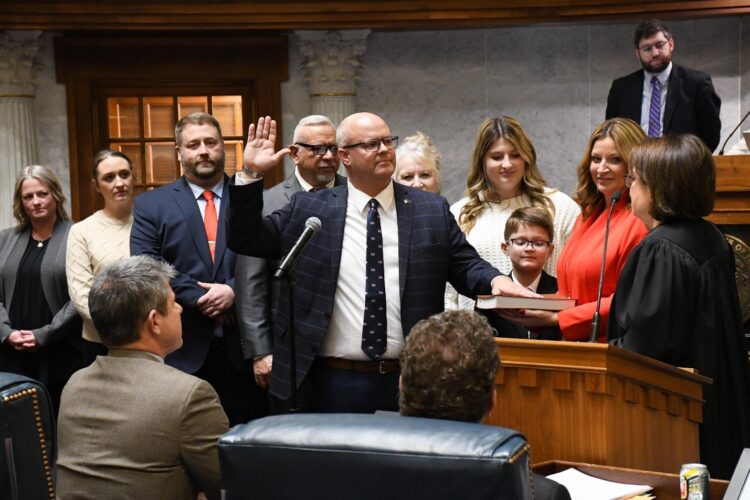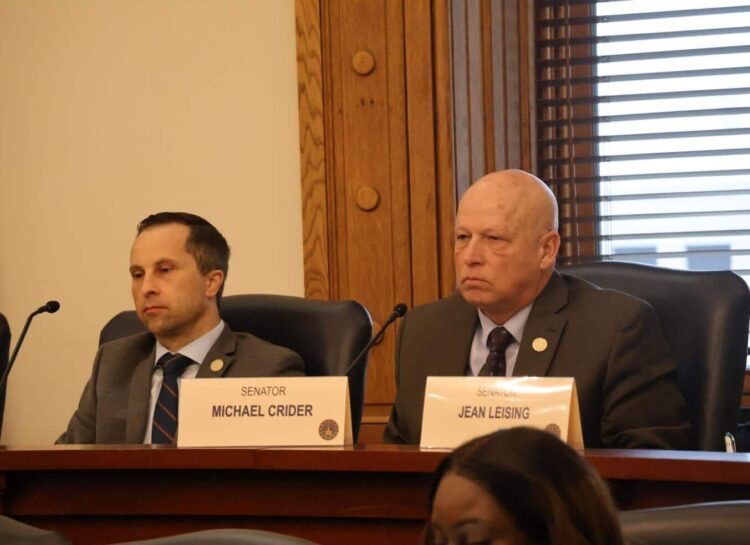President Donald Trump cared so much that he went golfing. Nothing shows a chief executive’s concern for his fellow citizens quite so much as photos of him decked out in funny pants while whacking a little ball on a course kept immaculately green.
Speaker of the U.S. House of Representatives Mike Johnson, R-Louisiana, was so worried about the distress visited on the nation that he sent his members home. This action had the bonus outcome of allowing the House to avoid seating a newly elected member who has vowed to vote in favor of making public the Jeffrey Epstein files, an action our golfer-in-chief president has resisted with all the fervor he can muster.
This let-them-eat-cake attitude on the part of the majority Republican Party has angered a growing number of Americans.
Those Americans have begun to demand that members of Congress and other elected officials in the federal government not draw salaries while shutdown continues.
I understand the sentiment, but I don’t think it would be effective.
In the first place, a distressing number of our senators and representatives are so wealthy that the salaries they draw from their government service—while impressive in comparison with the wages of the average American—are but an afterthought in the portfolios of these potentates.
Second, most of them didn’t run for office because they wanted to make money.
No, it’s power they crave.
That’s why I offer a modest proposal that just might pinch them where it would hurt.
If we want our leaders to respond to the distress of ordinary Americans with the urgency that distress demands, we should put those leaders in the position of risking the loss of something they value.
Power.
What if we wrote into law a provision that a government shutdown is an admission by our elected officials that the government has failed and needs instruction from the voters as to how to proceed?
To get that instruction, members of the U.S. House of Representatives and the U.S. Senate then must submit to an up-or-down referendum on their continued service in office. If a representative or senator fails to win more than 50% of the vote in the referendum, a new election is called—and the Congress member who failed to gain majority approval in the referendum is ineligible to run in that election.
We can expand this idea beyond Congress.
If, for example, the shutdown occurs because the president vetoes a budget bill or continuing resolution Congress has passed, then a president referendum results. If the president fails to win 50% of the vote in that referendum, then a new presidential election is called—and the sitting president is ineligible to run again in that election.
I’m aware of the practical difficulties presented by this modest proposal.
I realize that making it a reality would require at least one and possibly several amendments to the U.S. Constitution. Given the bifurcated nature of the American voting public and the entrenched political class’s determination to hold onto power at all costs, the chances of gaining the overwhelming majority support for such modifications are between nil and non-existent.
I also understand that this proposed system might tempt the members of the minority party to make mischief just to see if they can reshuffle the deck in search of a better deal.
But I offer this modest proposal because too many of our elected officials have forgotten where their duty lies.
Our system of government is set up the way it is because it’s supposed to be a mechanism for a nation of varied people with differing interests to balance those interests and resolve their differences.
Now, though, we have in office—perpetually, it seems—far, far too many men and women who think it is their job not to resolve differences but exacerbate them. Instead of searching for win-win solutions to problems, they look exclusively for ways to stick it to the other side.
They don’t consider themselves winners unless someone else—and often, it’s a lot of other people—loses and loses big.
This zero-sum approach to governing is paralyzing what once was a great nation.
The only way to change that is to make our leaders not just “feel” our pain but actually experience it.
It’s got to be their pain, too.









